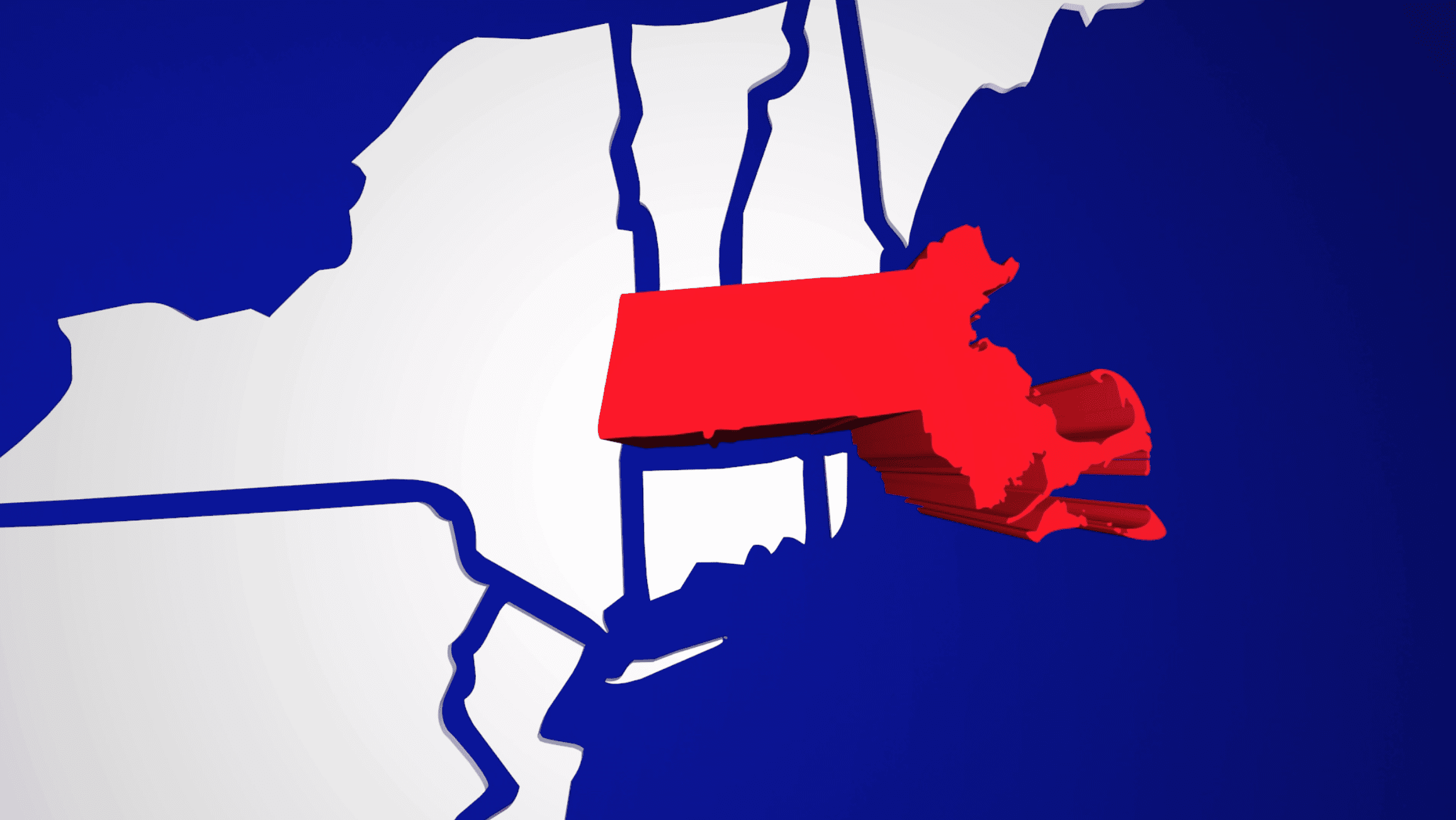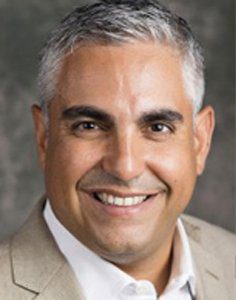 By JC Morales
By JC Morales
Latinos in Massachusetts are disproportionately bearing the burden of the COVID-19 crisis due to social and cultural issues that have left our community greatly exposed to the virus, with a lack of critical government assistance.
We need a coordinated and targeted plan to help Latinos across Massachusetts, or our community at large will be in peril.
Exhibit A is the city of Chelsea, which has become Ground Zero for coronavirus in Massachusetts within its population, which is more than two-thirds Latino. Chelsea has the highest rate of infections in the state, and a higher per-capita rate than New York City. A recent batch of 200 tests conducted at random by Mass General Hospital in the city found that one-third tested positive for coronavirus, which a doctor described as evidence of “a raging epidemic.”
Chelsea, and other Latino-rich communities, such as Everett, Holyoke, Lawrence and Lynn are coronavirus hotspots, with many Latinos living in cramped conditions in dense urban areas where social distancing is difficult. The Massachusetts Dept. of Public Health (DPH) reports the COVID-19 rates per-capita in these cities is two-and-a-half times the state’s average.
As Gladys Vega, head of the Chelsea Collaborative, noted recently, «We live in overcrowded conditions, we live with our friends and our family members.” The Collaborative has been distributing food and other resources during the crisis – but Latinos in Chelsea and elsewhere face challenges that require greater interventions.
In addition to crowded conditions, our Latino population also faces high rates of existing chronic illness, such as asthma, heart disease and diabetes that leaves the immune system more vulnerable to the virus.
The highest risk factor for Latinos however, may be our status as essential employees under the state’s stay-at-home advisory. Many Latinos are people who don’t have the luxury of working from home, but must commute each morning to work in health care, public transportation, sanitation, food preparation, and other high-contact jobs.
Nearly 80 percent of Chelsea’s workers are considered essential under Governor Charlie Baker’s stay-at-home advisory, according to the Massachusetts ACLU; compared with just 57 percent in more affluent Boston.
“What this is showing us is the fault lines in our society,” said Lawrence Mayor Dan Rivera in response to high rates of coronavirus in his city. “It’s no surprise that the people who are working in the toughest jobs are the people who are most exposed to the virus,”
So what can be done to help?
First the state needs to increase testing in Latino communities and fully report out all racial and ethnic data. This will help expose the true extent of the outbreak, provide treatment for COVID-positive patients, and increase protection for their friends and families of who often live in tight quarters.
Second, we need more multilingual outreach and education. This should happen through ethnic media and community organizations that Latinos already know and trust. And any ethnic outreach campaign should be afforded a comparable budget to its English language counterpart.
Governor Charlie Baker and Boston Mayor Marty Walsh recently interviewed with the bilingual news outlet El Mundo to discuss the COVID-19 crisis in Latino communities. The interview was translated into Spanish by El Mundo’s Alberto Vasallo III and broadcasted digitally. We need more direct outreach like this across the state, with public health experts providing regular updates in Spanish until the crisis abates.
Third, we need a stimulus specifically targeting the Latino community, which was largely left in the dust by the recent federal stimulus. Due to lack of access, and a lack of Spanish language materials, many Latino small business owners did not have a chance to apply before the fund ran dry.
Any stimulus must also assist undocumented Latinos, who have been shut out of unemployment assistance, even though many pay federal taxes. In his interview with El Mundo, Gov. Baker said the state’s COVID-19 Relief Fund, which has raised nearly $20 million, would be assisting the undocumented population via local foundations and non-profits, and our federal leaders need to step up and do the same.
For the past decade, Latinos have been driving our demographic, economic and cultural growth. They are the people who prepare our meals, clean our hospitals and offices, and then go on to open small businesses that keep our Main Streets strong.
Now is the time for government to step up with an urgent public health plan and a new stimulus to help our Latino community emerge just as strong. If we fail to invest in our Latino communities now, we set the stage for a longer, more painful and inequitable recovery from the COVID-19 crisis.
 JC Morales is Managing Partner of Surfside Capital Advisors, co-founder of the Latino Legacy Fund at The Boston Foundation, and a member of Governor Baker’s Latino Advisory Commission.
JC Morales is Managing Partner of Surfside Capital Advisors, co-founder of the Latino Legacy Fund at The Boston Foundation, and a member of Governor Baker’s Latino Advisory Commission.







